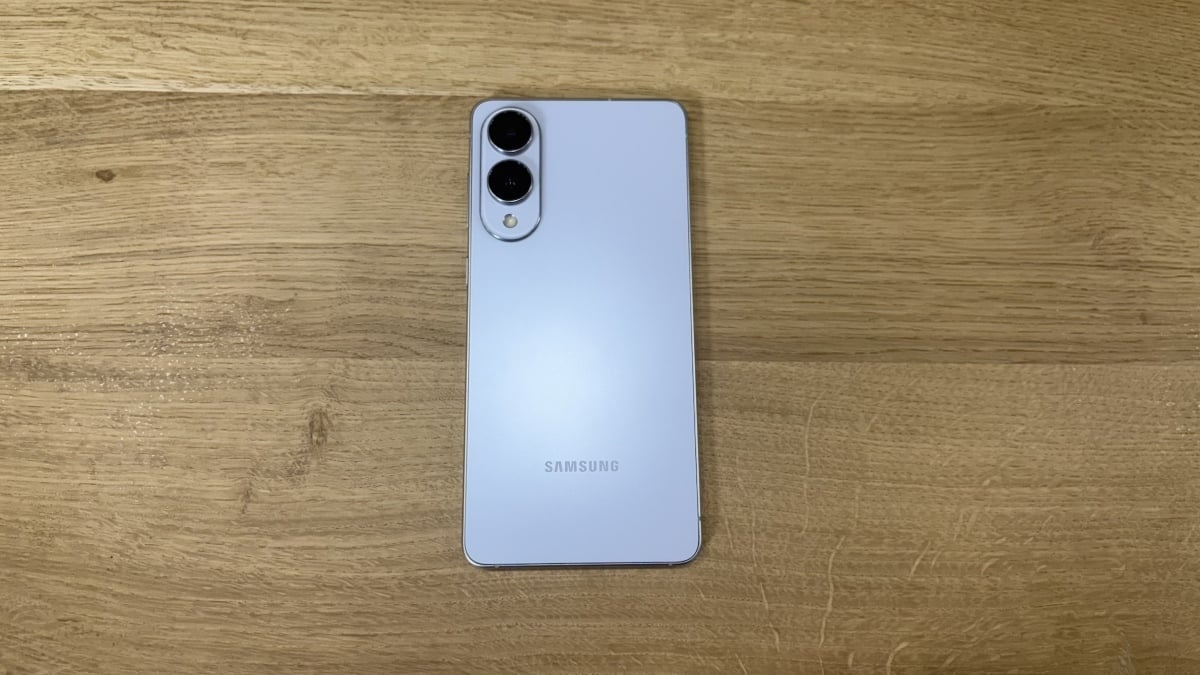[ad_1]
A judge in Arkansas has shut down the state’s law requiring some social networks to verify the ages of those in the state to create an account and ensure that minors have parental permission. Judge Timothy L. Brooks ruled the law, dubbed the Social Media Safety Act, was too broad as to violate the First Amendment rights of internet users and was so vague it was unclear which social networks the law would cover.
“Arkansas takes a hatchet to adults’ and minors’ protected speech alike though the Constitution demands it use a scalpel,” the US District Court for the Western District of Arkansas wrote in an opinion issued Monday.
Lawmakers across the United States and abroad have sought to protect minors against the potential long-term harms posed by social media, and smartphone access writ large. Utah recently passed a law that requires app stores from Apple and Google to verify the ages of users before they can download apps and requires minors to have accounts connected to their parents. Meta was in favor of this law because it put the onus on other companies to verify users; it was opposed to Arkansas’ law. States and school districts across the country have also been implementing laws that prohibit students from accessing their phones during the school day to eliminate distractions and potentially combat bullying.
While social media has been linked to increased mental health risks in adolescents, many teens have reported benefits to using the services, such as finding like-minded communities where they feel belonging. Moreover, critics of age-verification laws say while there are risks to minors using social media, these types of laws infringe on everyone’s right to privacy—in states like Florida and Texas, where laws have passed requiring porn sites to verify the ages of users, major services including PornHub have chosen to shut down rather than make users hand over personally identifiable information. In an age when the White House is willing to retaliate against individuals over their free expression, the risks of requiring users to verify their identities are clear.
“Rather than targeting content that is harmful to minors, Act 689 [the Social Media Safety Act] simply impedes access to content writ large,” Brooks said.
There are effectively no federal privacy laws concerning internet platforms, with the recent collapse of 23andMe highlighting the problem. It was recently announced that as part of the DNA testing company’s bankruptcy, genetic data from customers could be sold off, potentially to be used against individuals.
Judge Brooks also noted the law was too vague, pointing out that the state’s attorney general believed Snapchat was exempt from the requirements, while the law’s co-sponsor thought it was covered.
“I respect the court’s decision, and we are evaluating our options,” Attorney General Tim Griffin said in a statement.
Social media companies have continued to implement tools to combat bullying, such as by allowing users to restrict others’ access to their content. During the Biden administration, the U.S. Surgeon General recommended social networks should display warning labels highlighting the potential harms for adolescents, and potentially redesign their apps to address problems like insecurity that can be caused by beauty filters and other tools.
Some who believe social media is harmful to adolescents argue that laws like age verification and smartphone bans during the school day are not addressing the actual problem. Teenagers will get around age checks, and if they cannot use their phone during the school day, they will just use it more after class. These laws do not address the root cause, they argue, which is the inherent design of social media apps.
[ad_2]
Source link




